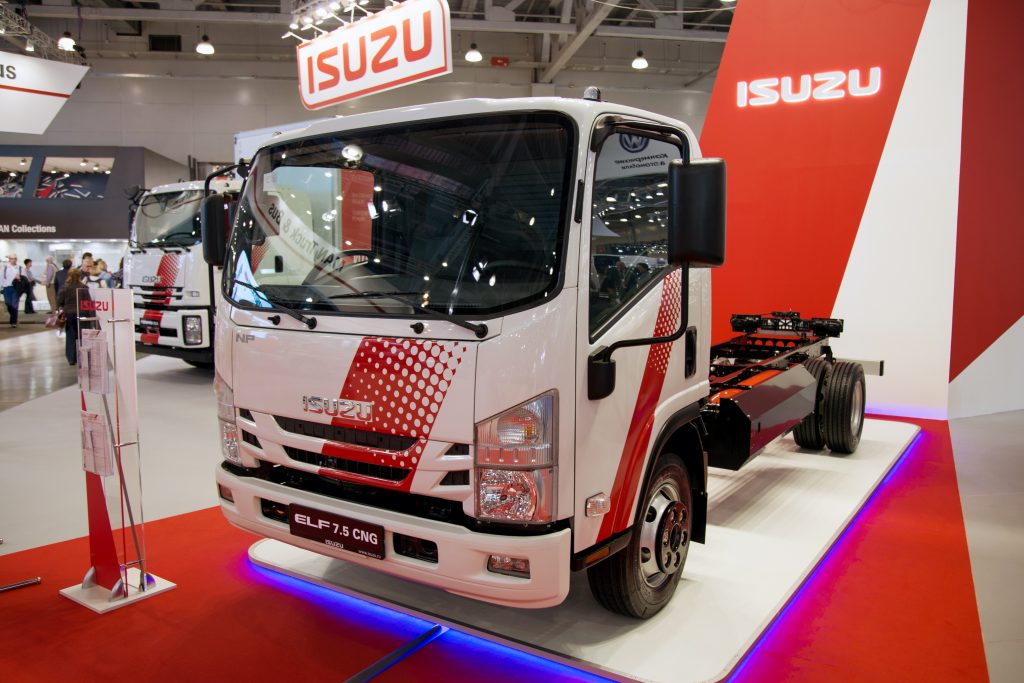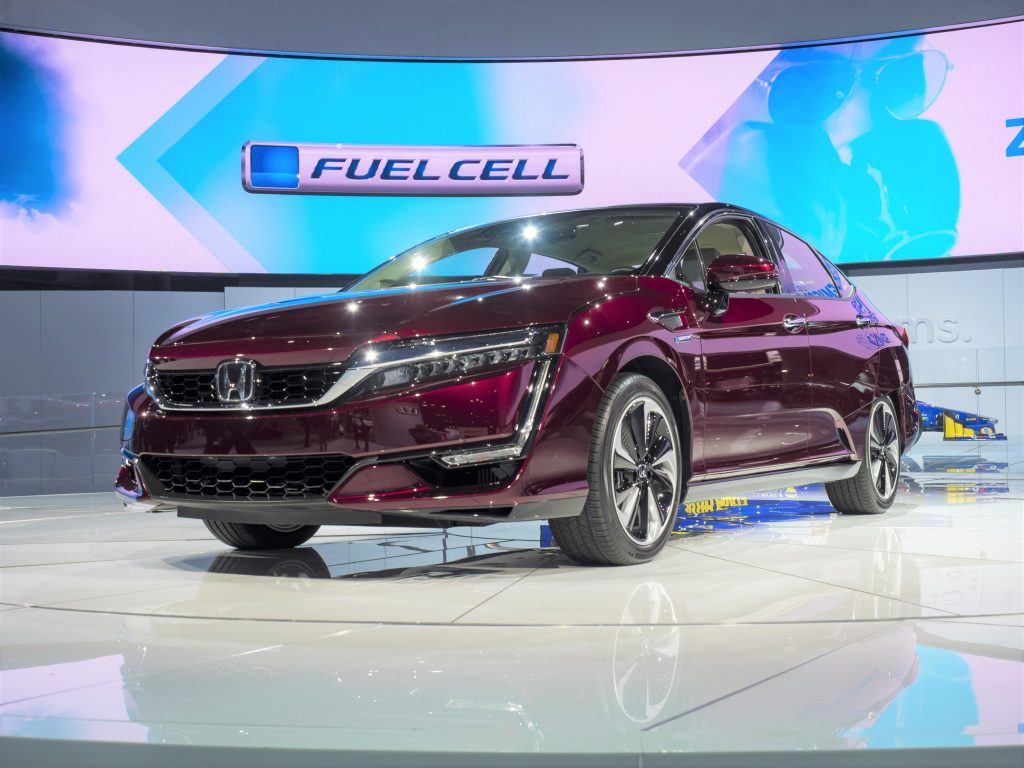



Carla Chahrour, Dubai
As the world grows more environmentally conscious and drifts away from fossil-fuel powered trucks and cars, the automotive industry is exploring greener alternatives, such as fuel cells and hydrogen energy.
Japan’s Isuzu Motors Limited and Honda R&D Co., Ltd., a R&D subsidiary of Honda Motor Co., Ltd., signed an agreement Wednesday to jointly undertake research on the utilization of hydrogen fuel cells to power heavy duty trucks, in attempt to popularize the use of fuel cells and aid in the progressive realization of a clean renewable hydrogen society, Isuzu said.
The terms of agreement that would lay the foundation for increased drivetrain development cooperation between Isuzu and Honda were outlined in a press release (issued by Isuzu).
Stressing the “demand to reduce exhaust gas/carbon emissions from mobility products in order to address the on-going global challenge of reducing humanity's environmental footprint.” Isuzu has approached Honda, who has been researching and developing fuel cell vehicles (FCVs) for more than 30 years, Isuzu said.
The press release went on to describe how the agreement was mutually beneficial due to the research specialisms of both firms.
According to Isuzu, they have been developing and researching powertrains or alternative fuel offerings such as electric vehicles (EV) and engines for natural gas, while Honda has been researching and developing fuel cell cars, in addition to battery-electric, and hybrid vehicles.
Hydrogen fuel cell-powered heavy trucks serve as an effective alternative to diesel fuel trucks or even electric trucks not only due to the fact that it is environmentally friendly, but also because the time needed to recharge a truck is significantly longer than the time it would take to refuel.
Since hydrogen fuel cell trucks would essentially replace the fuel with hydrogen, the time needed to refuel would be similar.
However, both companies acknowledge that despite the efficiency of such a proposition, there are issues relating to cost and refuelling infrastructure that require industry-wide initiatives to be undertaken before hydrogen energy can be popularized, according to Isuzu.
This includes the need to build hydrogen-pumps across the country to complement the refuelling needs of the new vehicles.
Nevertheless, the convergence of Isuzu’s strength in heavy-duty-truck development with Honda’s FC development will allow them to assess the use of fuel cells within commercial trucks, which could potentially promote the use of hydrogen energy in a wider range of vehicles, Isuzu said.